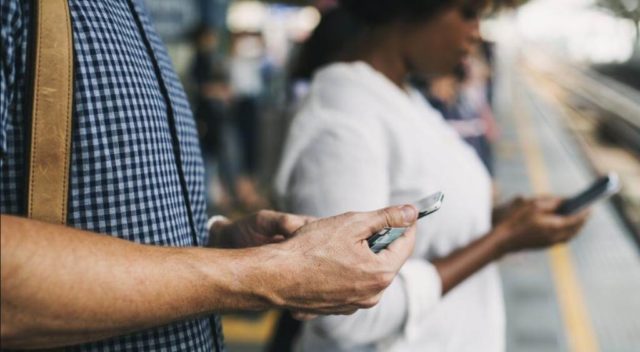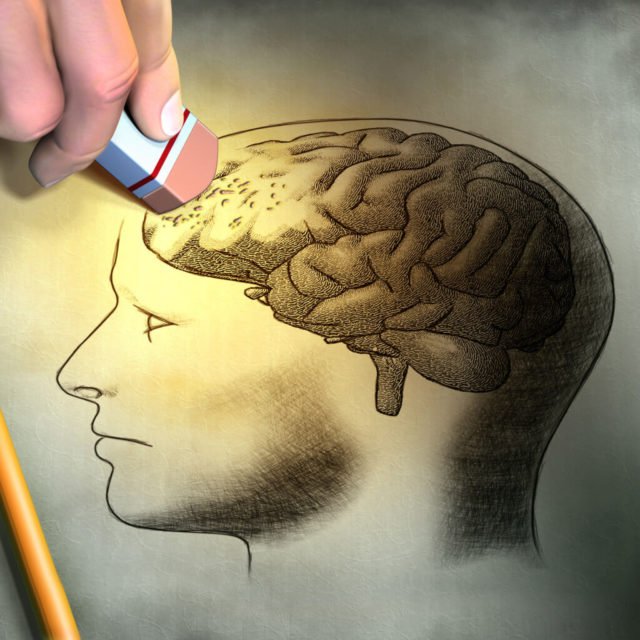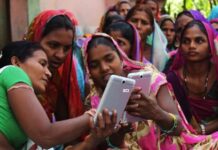Once upon a time, way back in the days of landlines and at most 1 mobile phone per family, I used to have the phone numbers of all 30 students of my class, my relatives and some emergency colony neighbours memorised to boot.
You could ask me for the phone number of practically anyone in that list and I would just throw it out like a bulls-eye dart, hitting the mark.
Phone numbers, passwords, passcodes, etc. all used to be at the tip of our tongues a decade or so back.
This was before phones became smart and landlines became something only our grandparents used.
Now, we have Google for any and all questions that we could ever imagine and various apps in our phones for every small task. Those include secret notes for our passwords and passcodes, contacts app for all phone numbers of even long-forgotten acquaintances, reminder apps for tasks and events.
However, as helpful as all this might seem, there could be a sinister twist to all this digitalisation of our world.
And that is… ‘digital amnesia’ (dun dun dunnnn)!!!
What Is Digital Amnesia?
Digital amnesia is essentially the phenomenon where people start to forget different types of information as they believe that their digital device will store it for them. With this type of amnesia, people no longer strive to actively remember information and become comfortable in the notion that their smart device will instantly bring it back to them at the snap of their fingers.
The term has not been here for that long, only since 2015 when Kaspersky Lab, an Internet security company ran a survey on this concept. Questioning over 6,000 customers they observed how there was a direct link “between the availability of data at the click of a button and a failure to commit that data to memory”.
It was after this study that they coined the term ‘digital amnesia’ and it is increasingly becoming a common thing to be seen among people in today’s time.
Just a few days ago I was speaking with a relative and we both commented on how it has gotten quite difficult to recall even simple phone numbers of family members, let alone friends or neighbours.
In 2012, a German neuroscientist Manfred Spitzer had talked about ‘Digital Dementia’ wherein the overuse of digital items can slowly prompt cognitive abilities of human beings to breakdown, something that is usually seen in people who have a psychiatric illness or have experienced a head injury.
As per Better India, a Mumbai-based psychotherapist Binaifer Sahukar even said that, “Our dependence on smartphones is increasing rapidly. A simple example being that everyday routes to college and work need to be looked up on Google Maps. This is quite dangerous because people keep their eyes off the road for a considerable period. There was a time when people remembered 8- and 10-digit phone numbers; today, it’s a task to remember one’s own number.”
With technology becoming more and more focused on how to make humans do as little work as possible, whether mental or physical, digital amnesia is becoming a problem.
Products like Google Home and Alexa are further playing into it by making people dependent on them and not even bothering to pick up their phones to type in their questions.
People in today’s time know that any information they want is just a foot away from them in a small rectangular piece of machine. This also helps to reduce the burden of human memory systems and keeps us tension-free.
However, what this is doing is keep most information in the short-term end since our long-term memory section is no longer needed as we have our digital devices that can store any information and help us look it up at will.
What digital amnesia also does is keep us from learning a new skill. These days there is a quicker decay of information leading to the long-term memory system staying empty as information is not recalled enough for it to enter it in the first place.
But everything might not be as murky as it seems and there could be some ways to cure or work out of this ‘digital amnesia’.
Read More: Digital Hyperactivity Or Cell Phone Addiction Can Be Equated To ‘Murder’
How To Cure Digital Amnesia?
#1. Pause Before Picking Up Google
One thing that can help with curing digital amnesia is taking a minute before using Google to solve all the problems.
If there is a question try to use your own memory and figure out the answer from there, same goes for simple mathematical calculations or remembering some fact about a person.
Spend a couple of minutes doing that and only once this is done then pick up Google to get any more extra information you might need.
#2. Write Things Down
The act of writing something down actually allows you to remember that matter much better than if you are typing it or just reading it on a screen.
When reading you often tend to skip over the boring parts and only the highlighted or important keywords catch your attention.
So for things like contacts, passwords, or even small tasks, etc. try to write them in a notebook instead of using your phone.
#3. Learn To Anticipate Your Reminders Ahead Of Time
Okay, so there is nothing wrong with setting some alarms or reminders for important tasks. But a good tip here is to anticipate them ahead of time.
So from the time you set them up, start noticing the time left to the reminder, notice the clock or count the hours left etc.
#4. Use Airplane Mode
If you want to go on a digital detox, you can simply put your phone on airplane mode, this will ensure that you cannot use any internet or be distracted by notifications, calls, messages.
This would allow you to better concentrate on whatever task you are doing.
#5. Type In Phone Numbers Instead Of Using Contacts
To remember phone numbers a good trick would be to type in the whole number when making a call instead of simply selecting the contact.
Now, you can just keep this for close friends, selected relatives, family members, and emergency contacts.
This will help to retain the numbers better and in case of a crisis where you don’t have your phone and have to either use someone else’s or a public phone, at least you won’t be standing there with a blank mind.
Image Credits: Google Images
Sources: Tech Times, Times of India
Find the blogger @chirali_08
Other Recommendations:
Breakfast Babble: New Age Digital Jobs Are Brainwashing Millennials





































